Welcome to the The History of the World: Breaking From Western-Centric Narratives of our Past to Inform Our Present
This two part course, designed through a student/faculty partnership at Guttman Community College, seeks to break away from eurocentric models of world history. This course will introduce students to the intellectual, religious, political, and cultural forces that transformed Africa, Asia, Europe, the Middle East and the Americas. It focuses on breaking traditional historical narratives that trace elites by uplifting the voices of working people whose struggles, movements, and revolution shaped the modern globe.
A History of the World Part One – to 1500
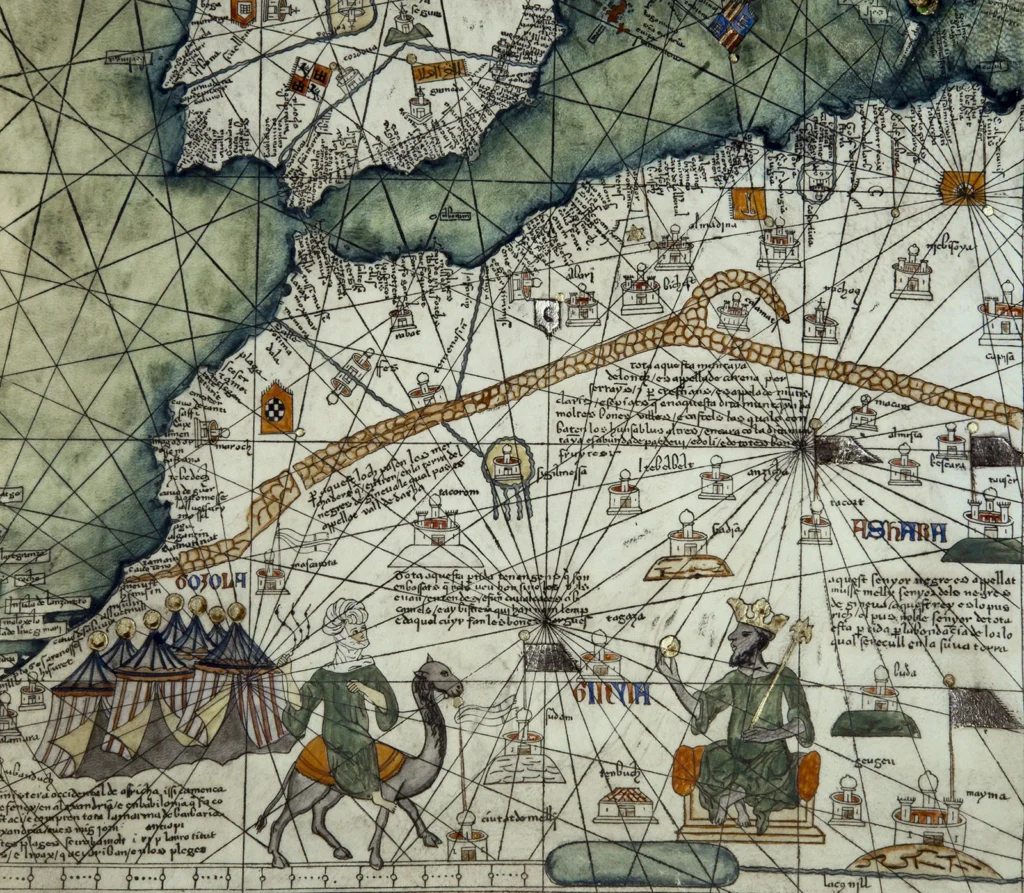
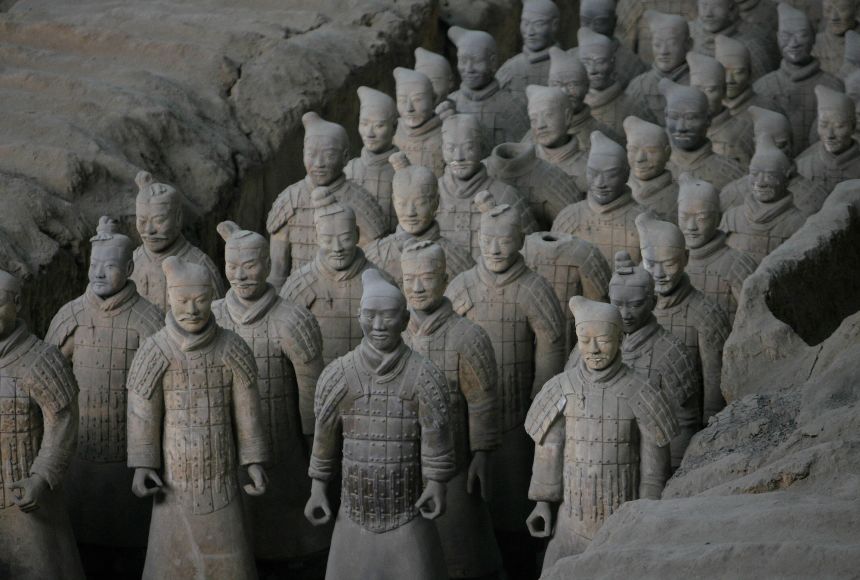
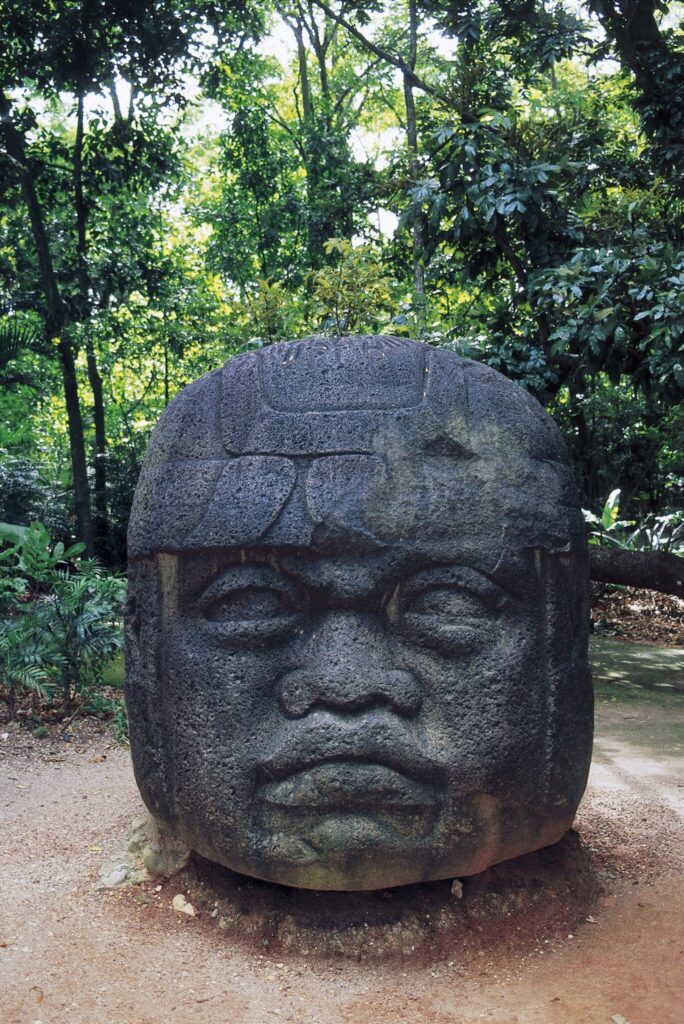
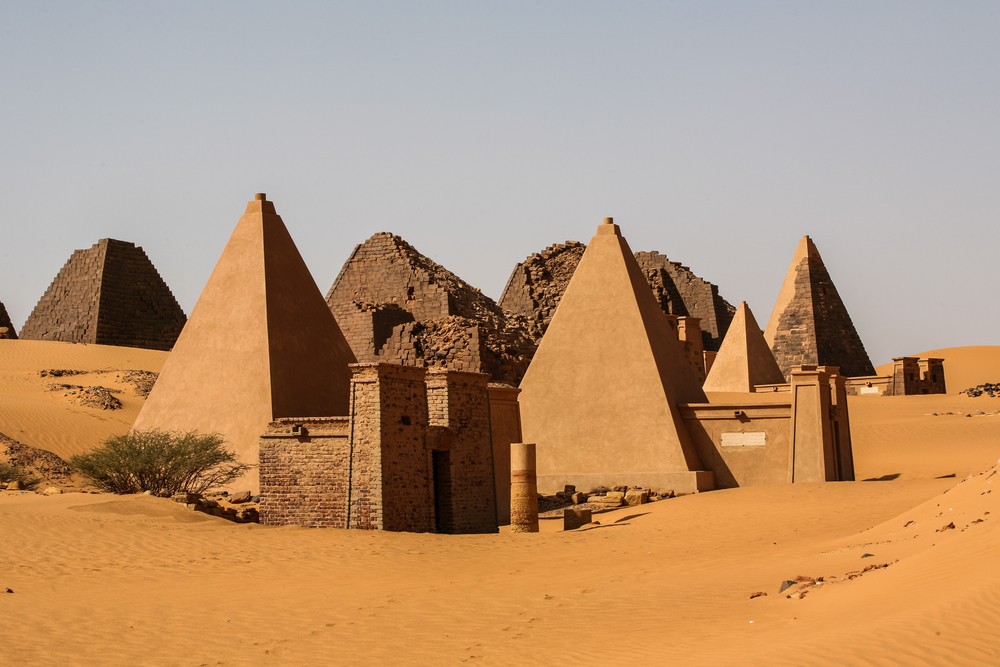
This is a survey of world history to 1500 CE. This course seeks to widen the lens of traditional early world history courses to examine societies and lives beyond Europe and the Mediterranean. The course examines human evolution from the earliest agrarian societies to the distinctive features of ancient and medieval cultures and governments across the globe. Particular attention is paid to the traditions, achievements, and ways of life in several regional and global military, political and cultural centers. Moments of contact between cultures will be lifted up as civilizations exchanged materials, goods, illnesses, religions, and most significantly ideas. The course ends roughly around 1500, on the eve of the tremendous changes and the emergence of new networks of trade and communication.
A History of the World History Part II – 1500 to Present
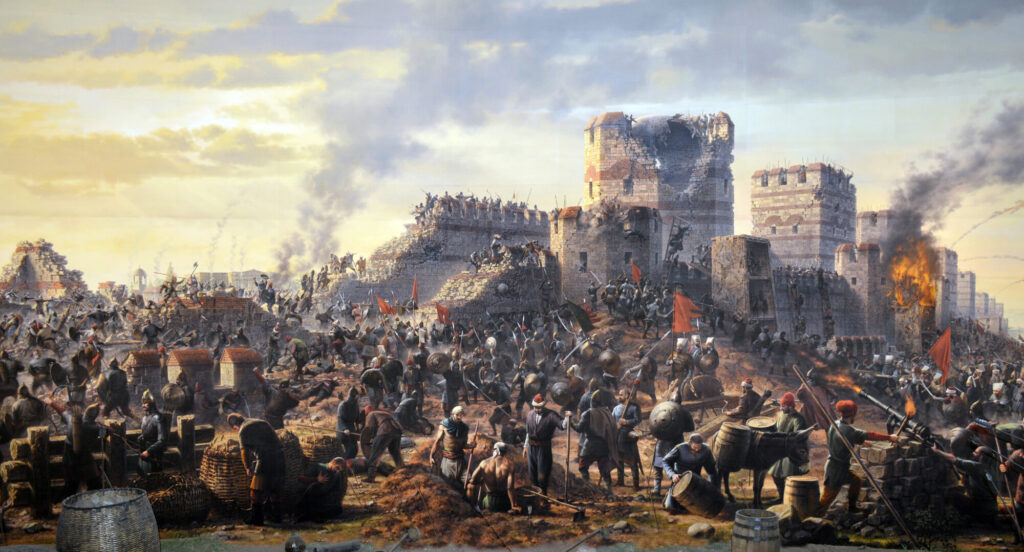
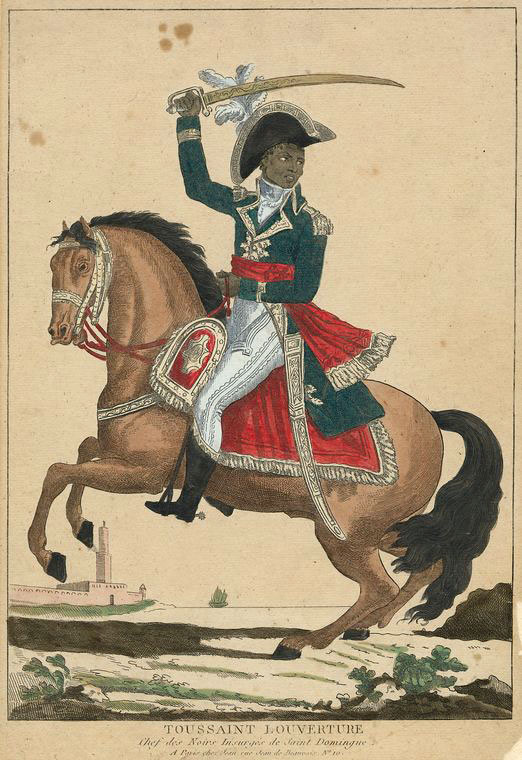
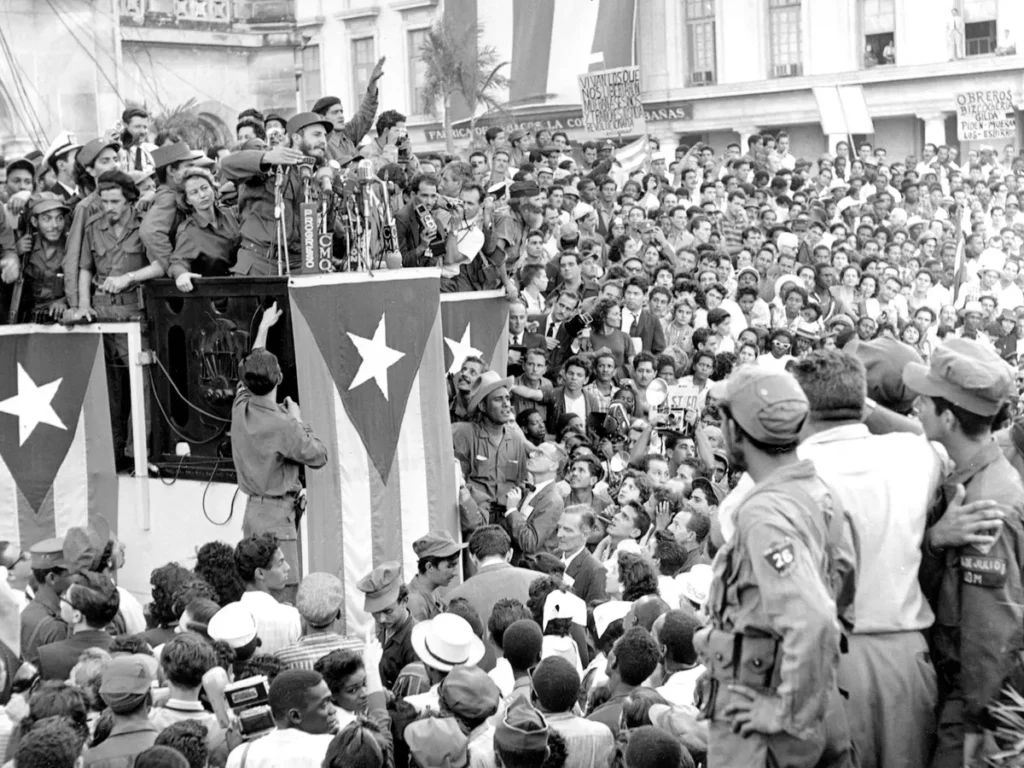
This course will introduce students to the intellectual, religious, political, and cultural forces that transformed Africa, Asia, the Middle East, the Americas, and Europe. We will examine social, cultural, political, and economic changes, events, and concepts that defined and shaped modern societies. The course focuses on breaking traditional historical narratives that trace U.S. and European elites throughout the last 600 years of world history by uplifting the voices of marginalized groups, non-western and non-elites whose struggles, movements, and revolutions shaped the modern globe. Students should develop the ability to critically read and understand primary sources in relation to a given historical context. By the end of the semester undergraduates should be able to write organized and well-written essays that make an evidence-based argument concerning historical events, ideas, traditions, people, and processes. Finally, they should be able to articulate motivations of various actors in major events studied in the course and complicate the dominant narrative.

